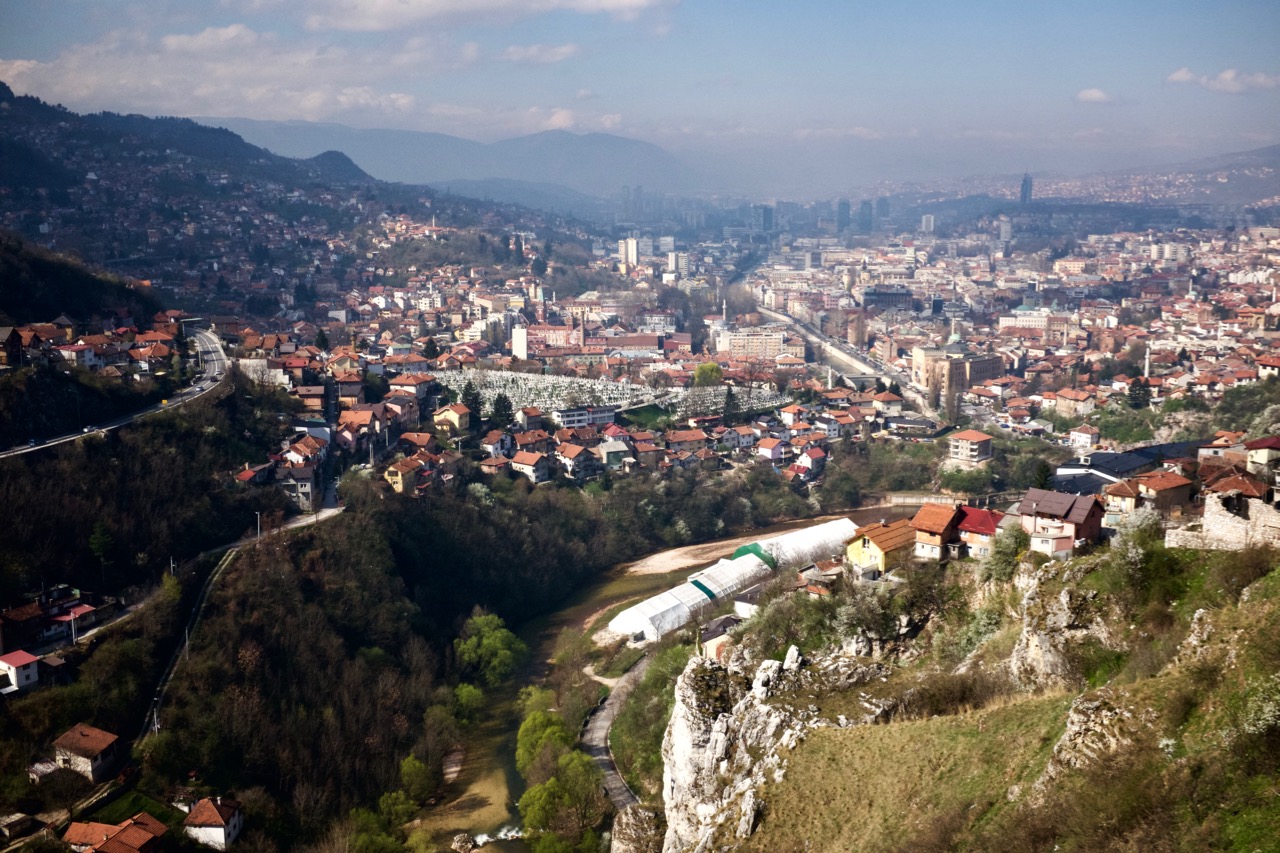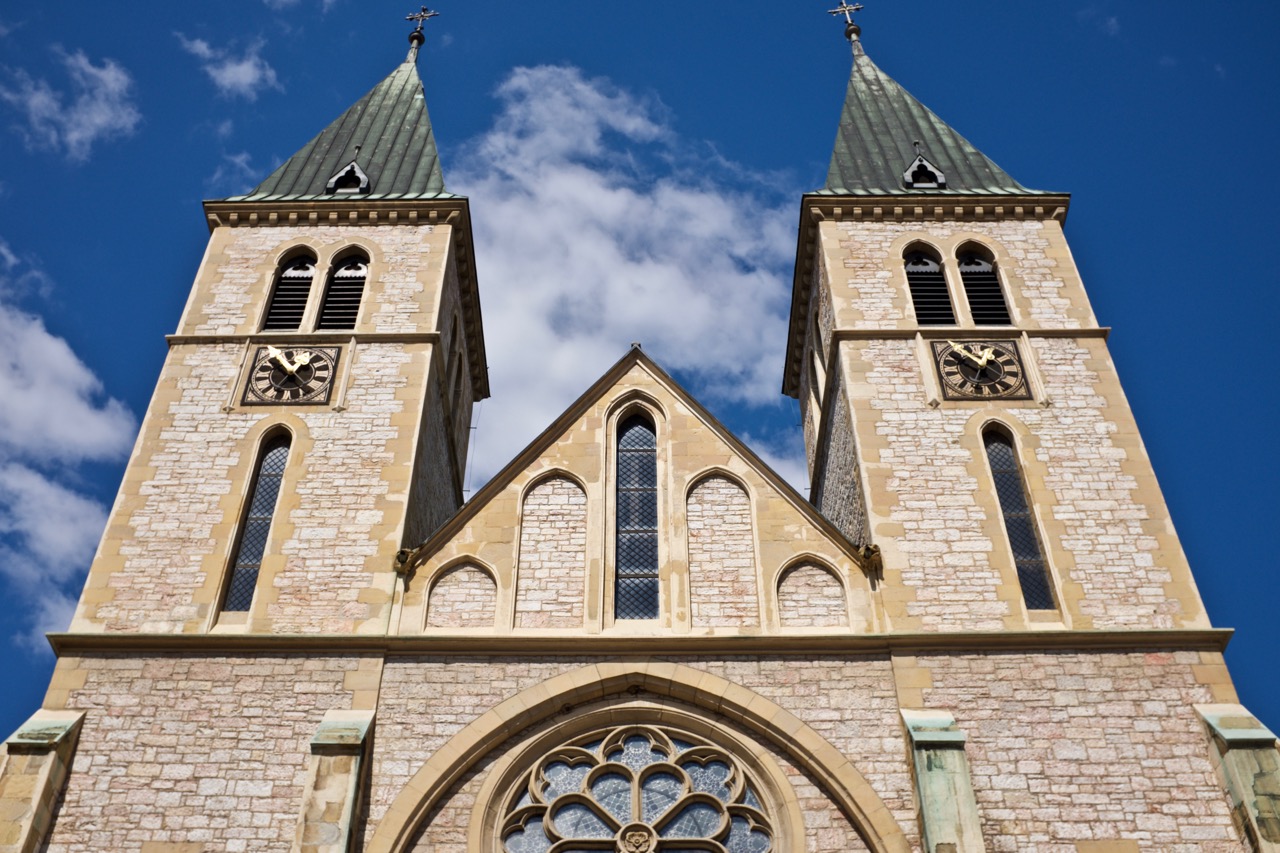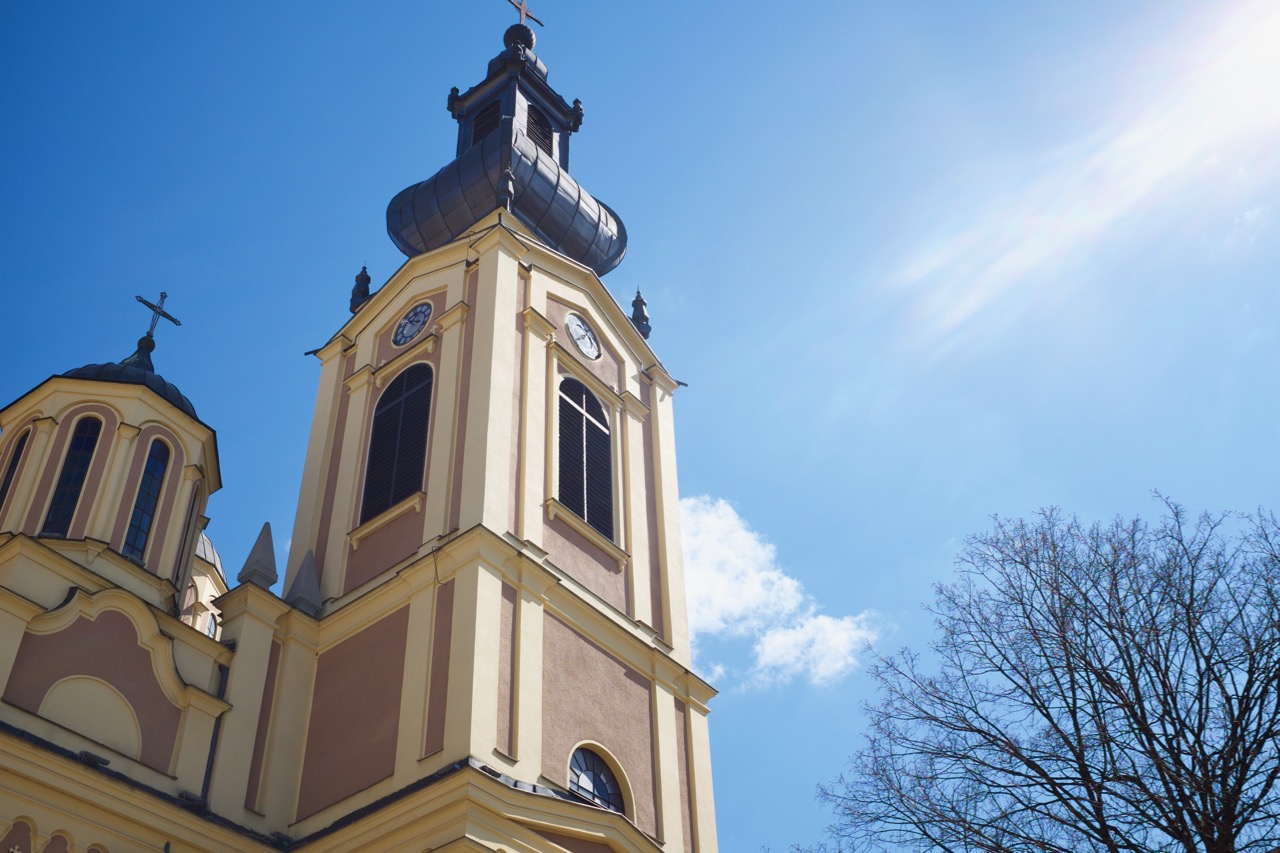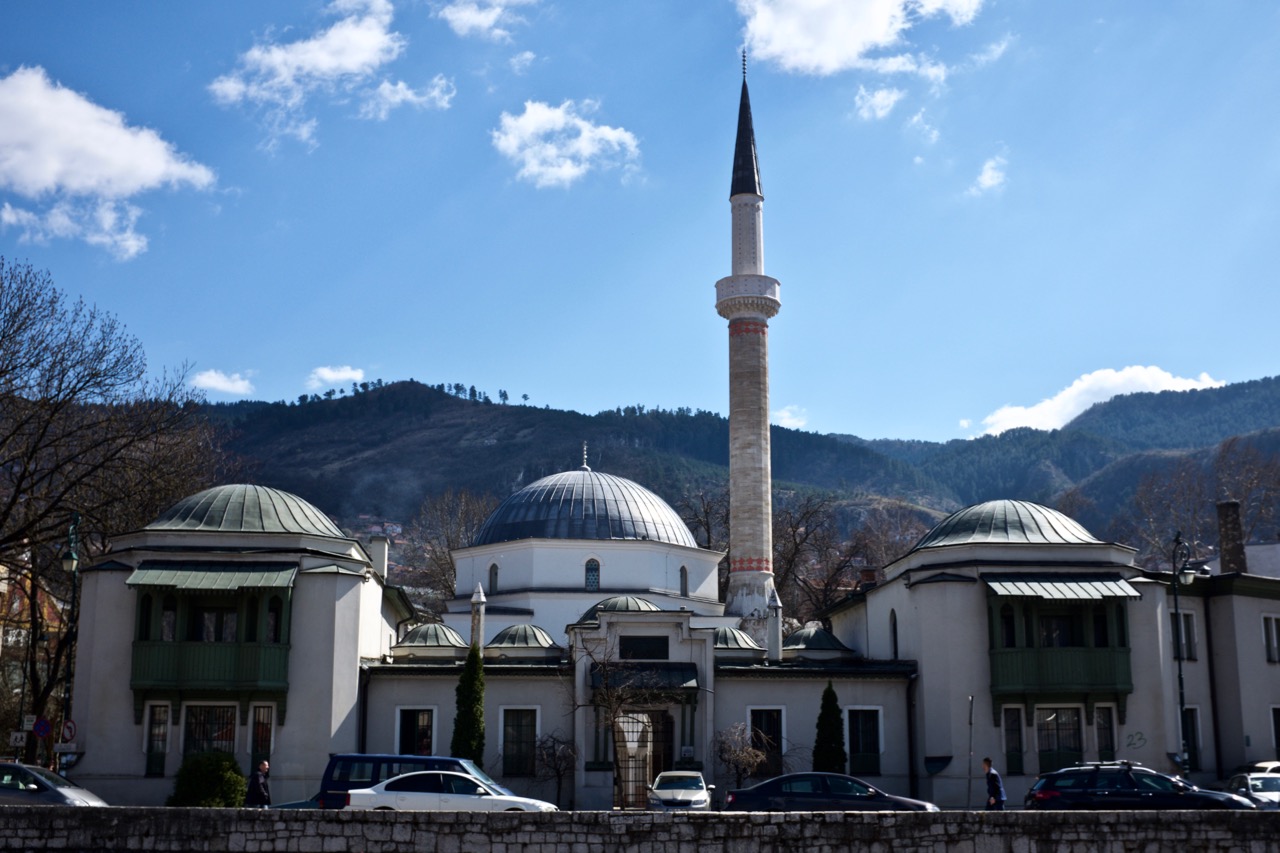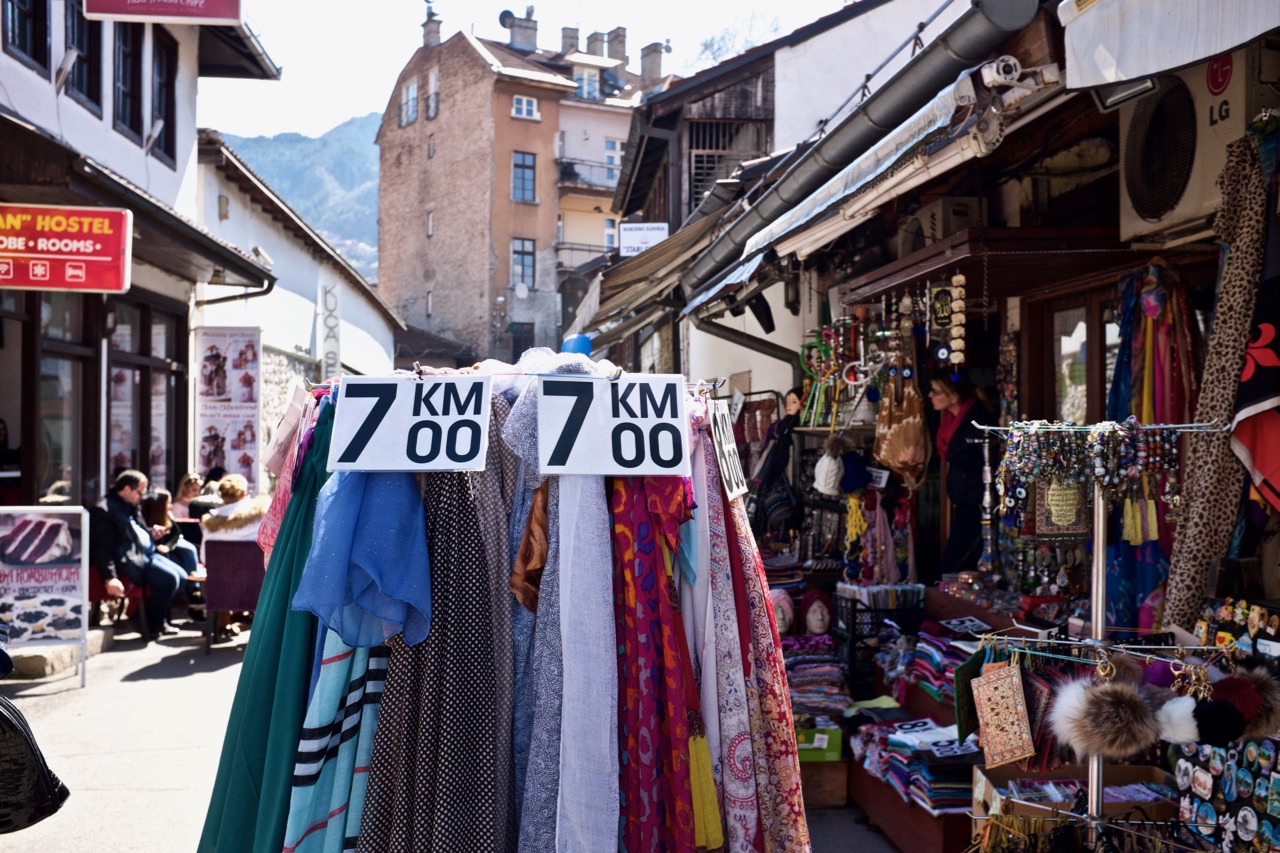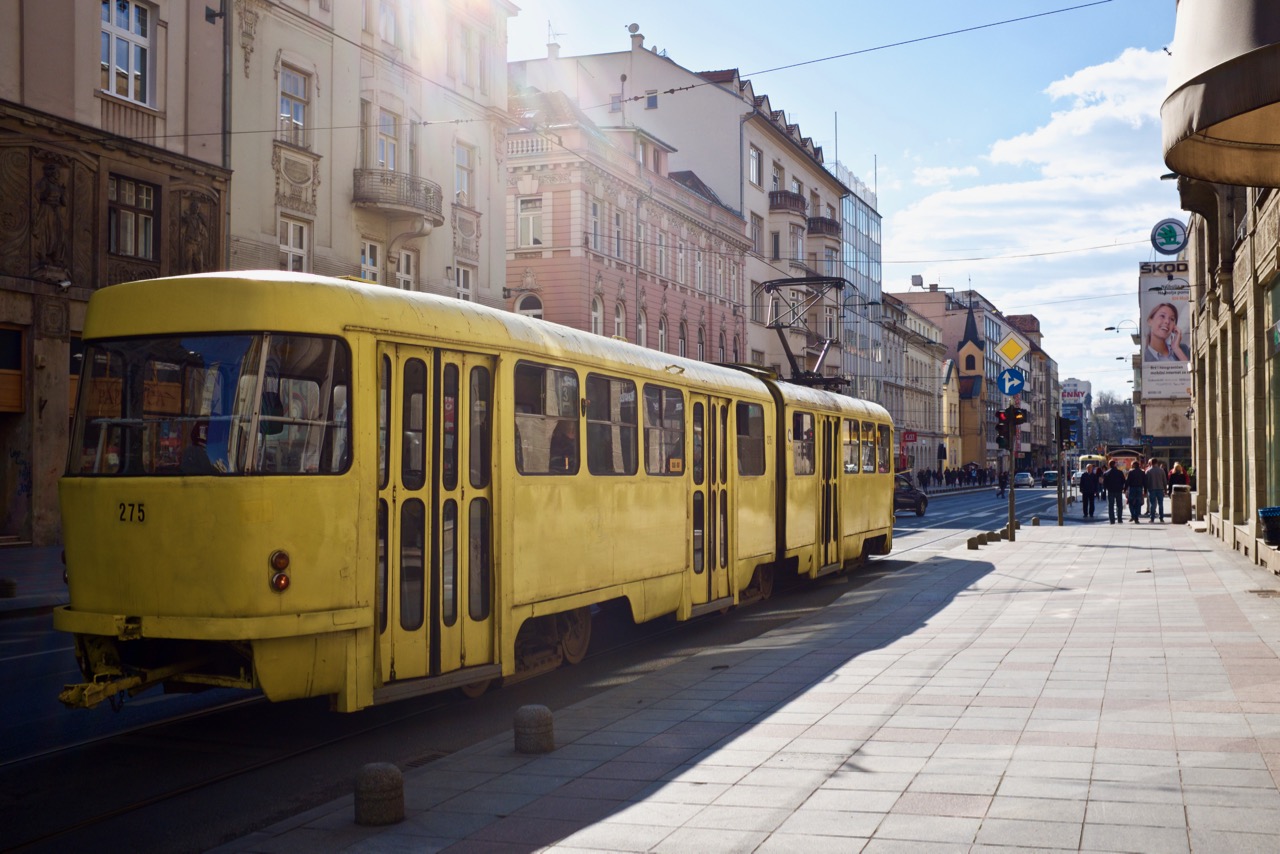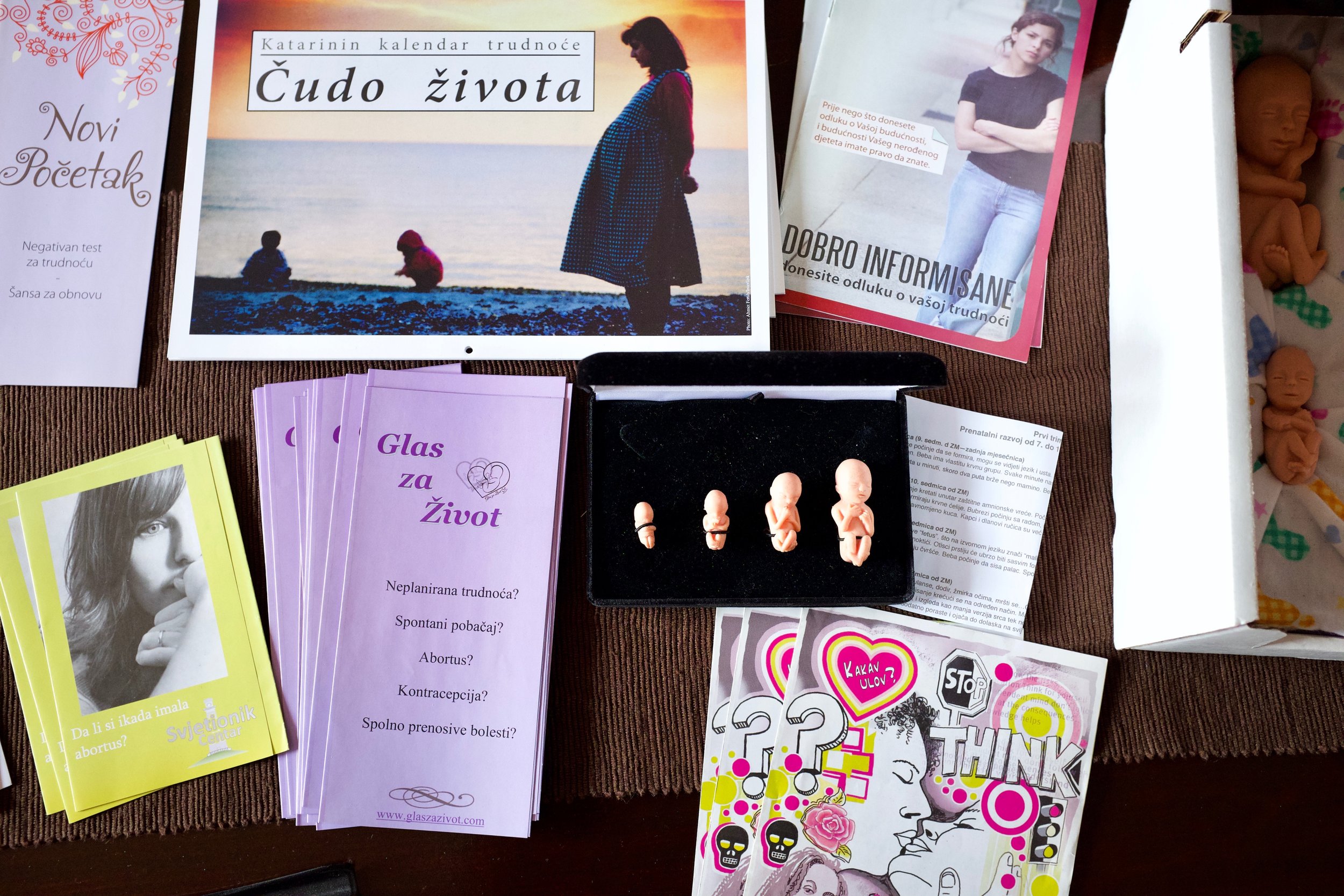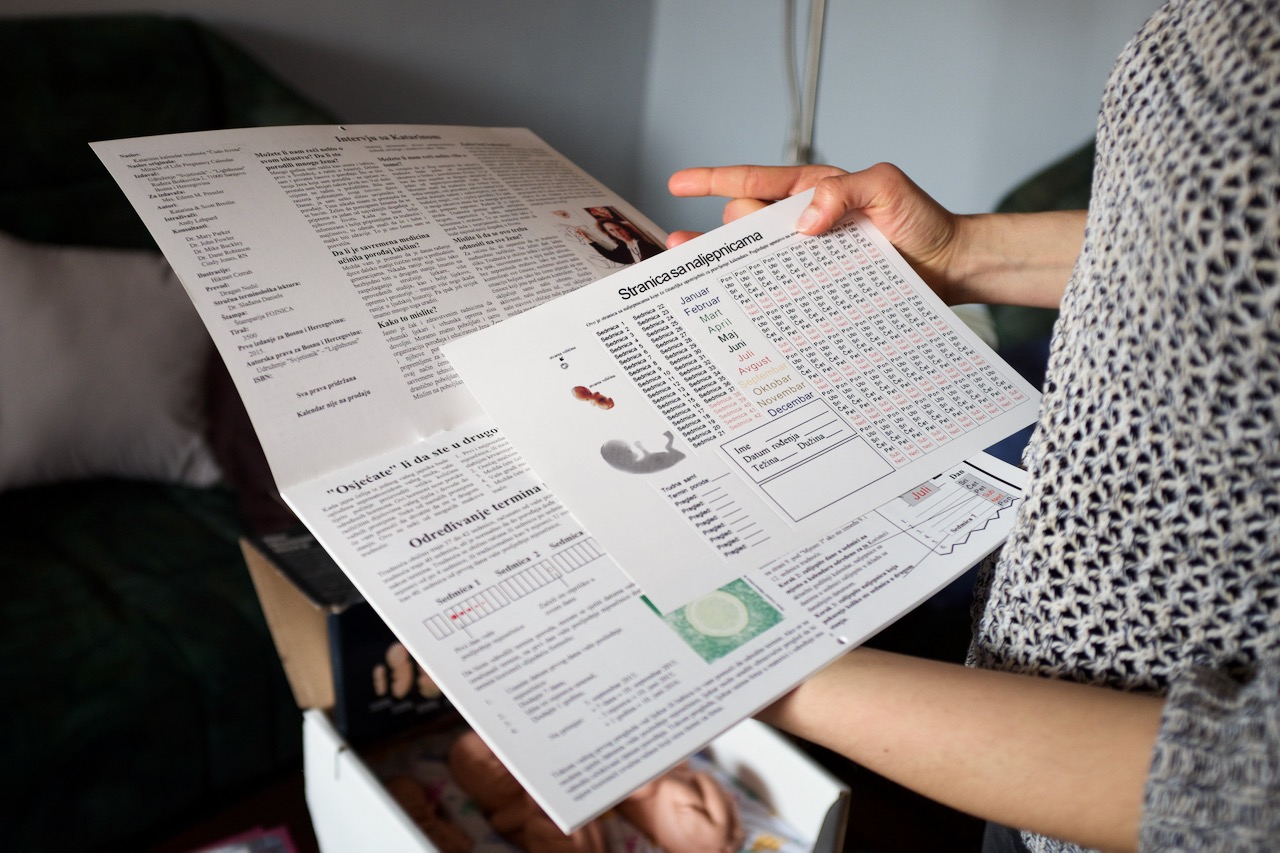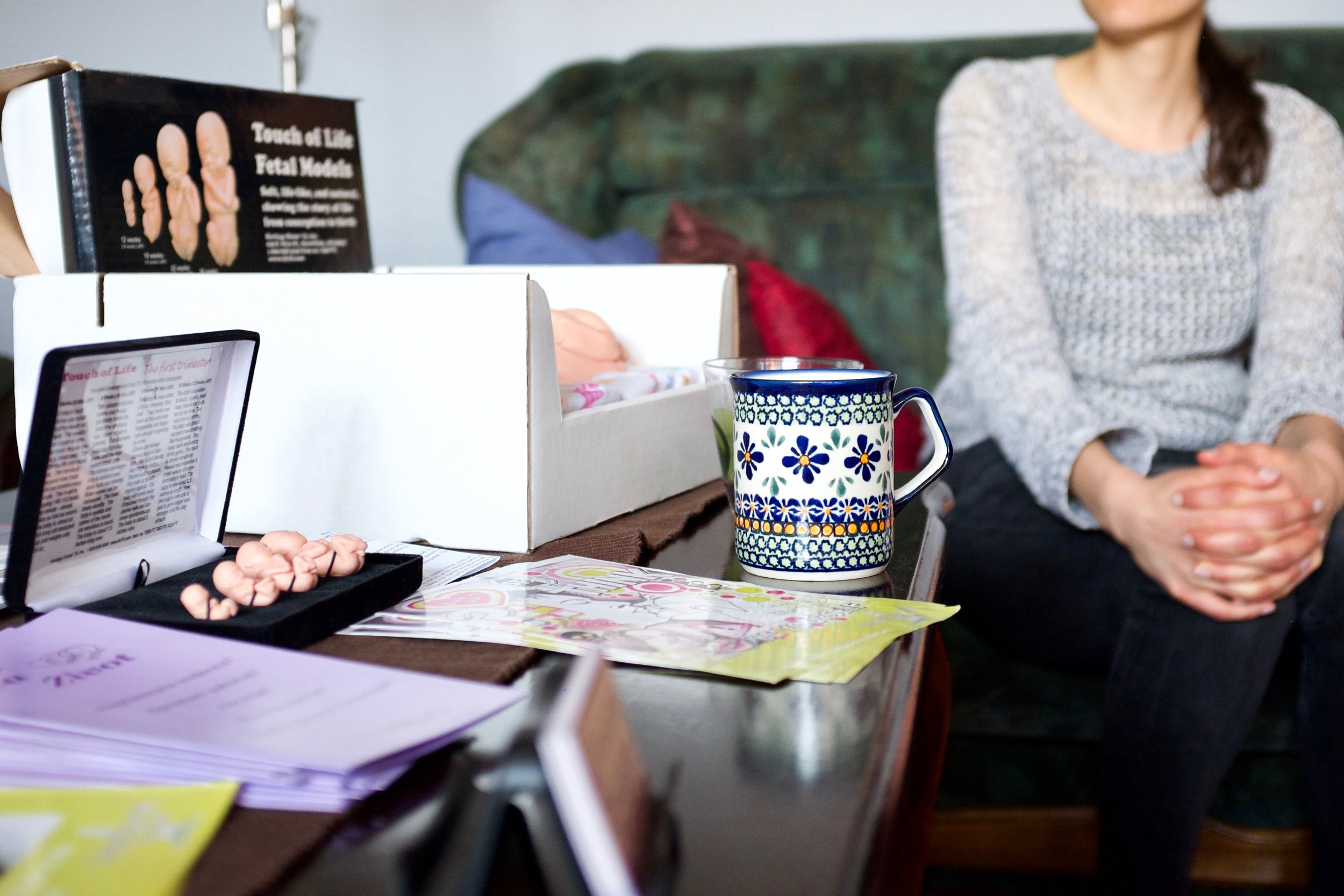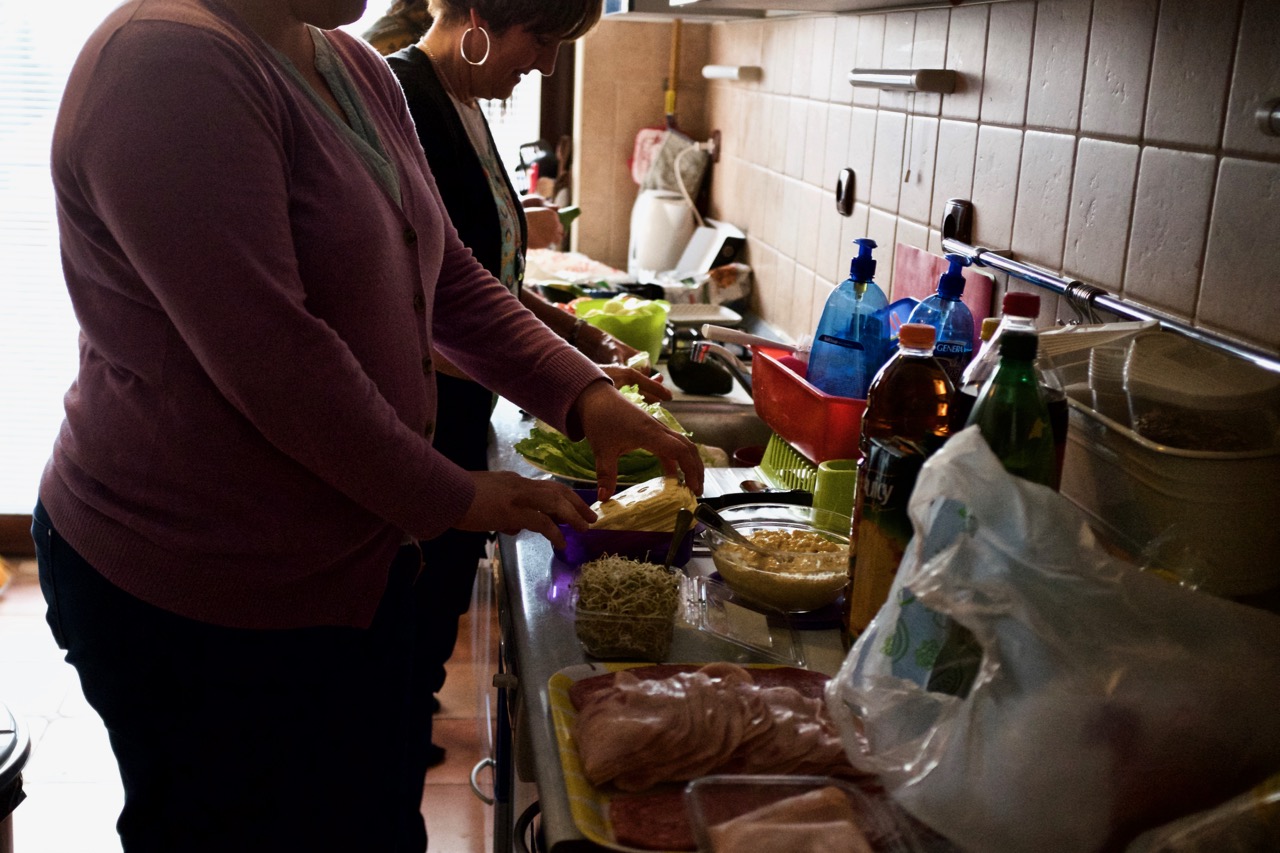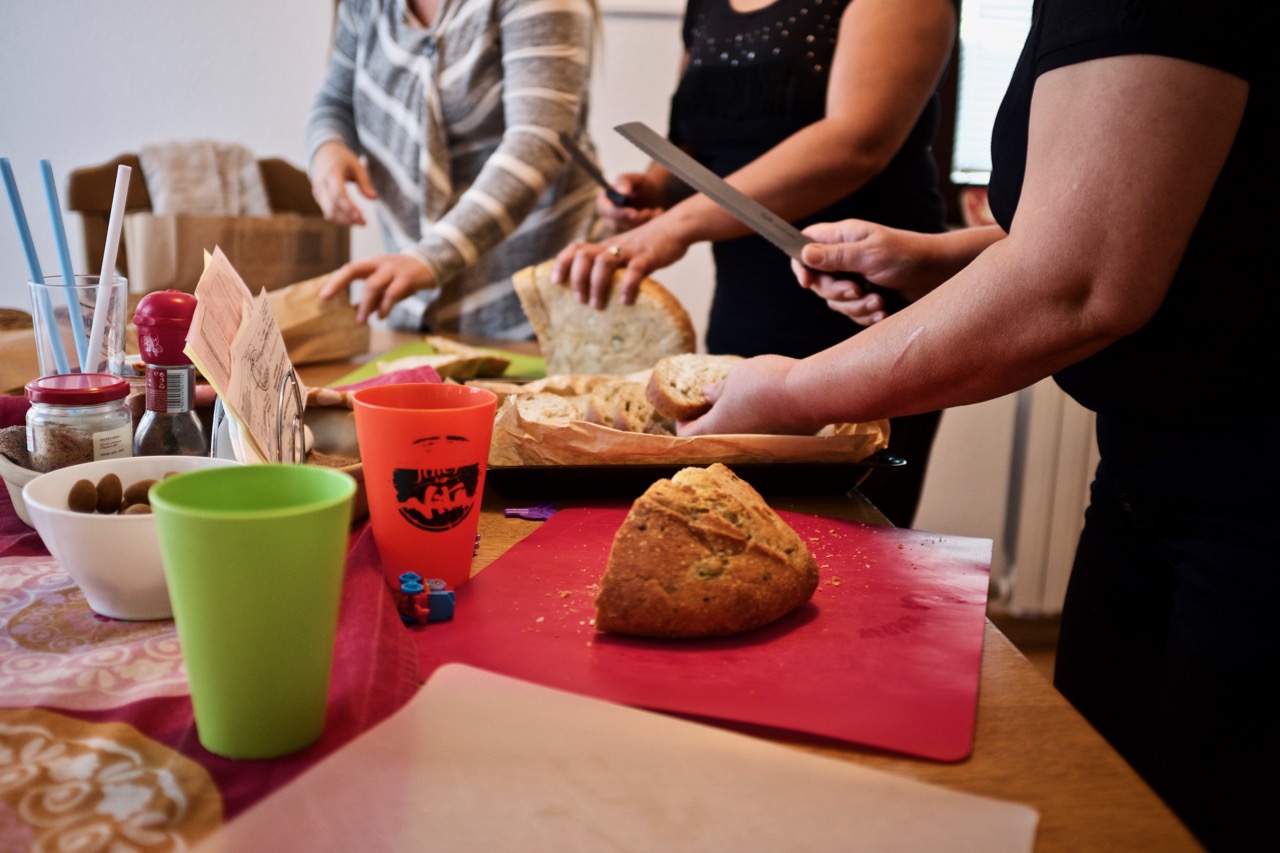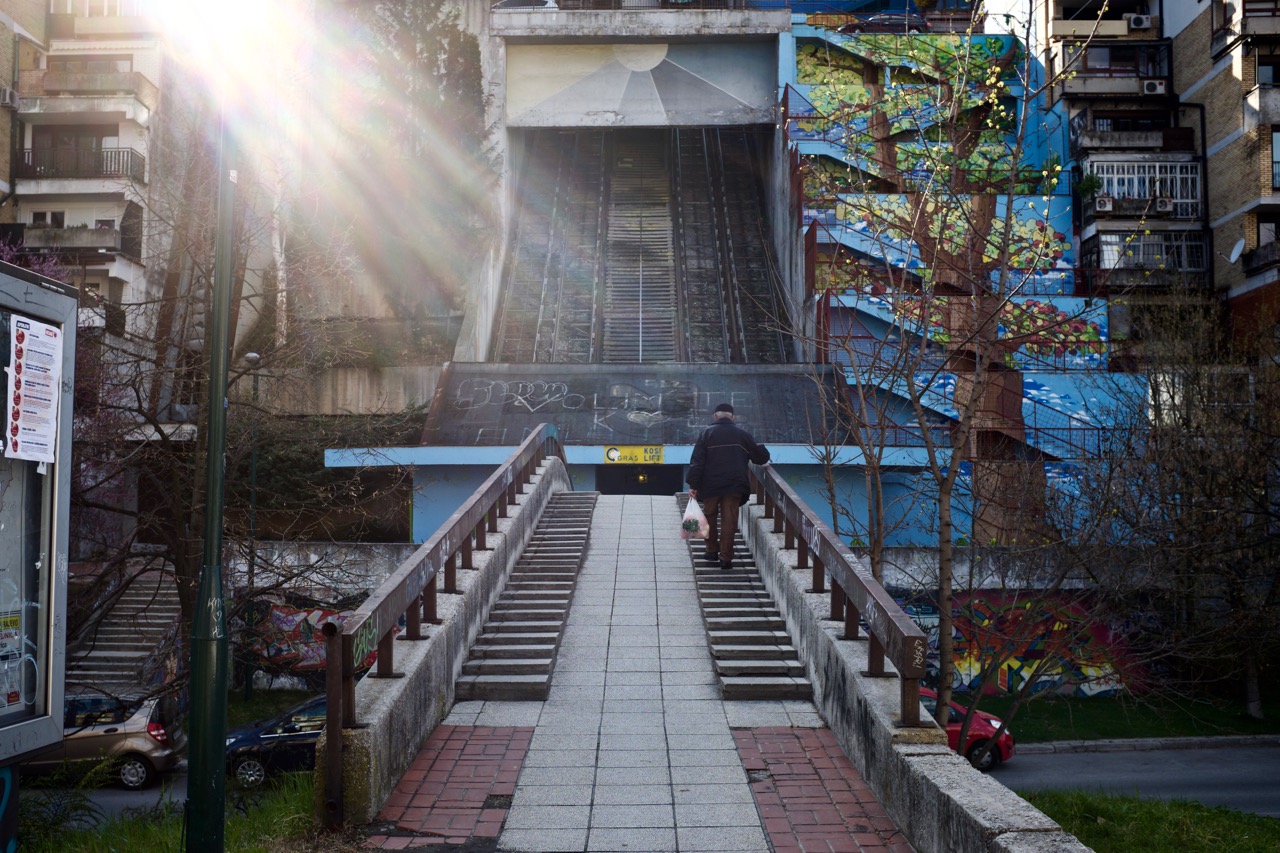Work to Do.
“God release me from this,” she remembers praying, making sure to follow it up with the hasty but sincere promise, “I’ll do it if you don’t, but I’m asking you to release me.”
He didn’t, which is why Jenny now finds herself at the helm of a grassroots pro-life ministry in the small Balkan country of Bosnia-Herzegovina. It began when Jenny’s husband learned that one of their mutual friends was going to have an abortion. He asked this friend if she would be willing to meet with his wife, and several days later, Jenny wound up sitting across the table from a woman considering abortion, faced with the task of showing her a different, better solution.
They had an encouraging conversation, and Jenny walked away sure she had made a difference – until she heard that her friend ended up getting an abortion anyway. Jenny could no longer deny it: the disregard for life in the womb ran deep through this tiny country she called home. “The message is not getting out there,” she remembers thinking, “there’s a lot of work to do.”
Still she resisted, insisting she was there to plant churches, not educate and prevent women from getting abortions. Even more discouraging was her lack of fluency with the local language, an obstacle that had caused her years of frustration since moving to Bosnia-Herzegovina. But since God wasn’t letting it go, she couldn’t either; gathering up her natural spunk and optimism (and reminding herself “he can speak through a donkey”) Jenny hesitantly but obediently started a pro-life project.
It wasn’t the smoothest of beginnings. “I’ve been learning as I go, you know, and –” she pauses, “I still have much to learn.” She’s learned, for example, that most Bosnian women are taught a fetus is not alive until they can feel it kicking, something that may not happen until as late as 25 weeks. She’s learned the fertility rates of the Balkan region have declined so drastically that some governments now offer financial incentives for women to have more children. And she’s learned that in public hospitals, the doors that lead to abortion procedures and those that open to birthing wings are right across from each other, making the distance between life and death about ten feet.
Most of all she’s learned she can’t do this alone – and God never meant for her to try. Not only has he been with her every step, but he’s also sent her other people to help. A poised, well-spoken local named Ana has recently joined forces with her in Sarajevo, and two others have started a branch in a nearby city. Though small, this pro-life initiative is gaining traction, and as they do, they are seeing women and children’s lives changed for the better.
Open Doors.
“First, I really like wondered...what can we do here?” A self-professed skeptic, Ana wasn’t sure a pro-life initiative would get off the ground in a country like Bosnia-Herzegovina. “When it comes to those topics,” she pauses, her English clear and advanced, “they're taboo in a society. You will never hear anyone really speak openly publicly about that matter, doctors or anyone. But,” she makes sure to add, “you will hear a lot of women talking about their experiences.”
And that was the key for every volunteer: whether through conversation or personal experience, they knew abortion was more common than the surrounding culture cared to admit. “Every woman that I met has had an abortion,” says Ashley, a worker from another city, “and that was shocking to me at first.” Like Jenny, she didn’t move to the Balkans to start a pro-life ministry, but she also couldn’t walk away once she discovered the breadth of the issue. Everywhere she turned – her church, the local mosque, even her hair salon – she met women who had either already experienced or were considering abortion.
Some of these abortions happened as a result of pregnancies out of wedlock, but most of them, Ashley discovered, had a more glaringly simple cause: a lack of birth control. Most women getting abortions were wives and mothers who didn’t have access to birth control and simply didn’t think they could feed one more mouth. Furthermore, they were women whose doctors told them what was growing in their womb was not a child but “just a tissue”, and therefore aborting it was a nonissue. “They are not given information um, about anything,” explains Jenny, “and in fact, the information they do have, the doctor's say it's not a life until you feel movement.” As they learned more about the problem, the women at the pro-life initiative realized if they were to do this well, they needed to start in the realm of education.
They began gathering brochures, books, even maternity calendars and translating them into Bosnian. Anytime they encountered a woman considering abortion, they sat with her and went over the materials, giving her a different perspective than the one she had been brought up in. At the same time, they started setting their sights on a bigger prize: one of the largest government run pharmacy chains. “We weren’t sure if they would take, uh, you know materials,” explains Ana, “because they also sell like, abortion pills.” But they decided to ask them to take the brochures anyway, which eventually led them to the offices of some of the top managers. Instead of turning them away, the people behind the big desks listened to them and immediately said, “Feel free, please...whatever you do, not only this but any kind of, like your future work or, we are willing to help.” Ana was stunned, “God really, he open door.”
“It was God,” confirms Jenny, and all the women nod in agreement. Now, just through simple obedience, their materials would grace the shelves of 40 pharmacies in their cities – and who could tell how many lives that would save? It was a huge win.
Setbacks.
It isn’t just through brochures that this pro-life initiative speaks to its audience; one of the most powerful tools the women use is Facebook. Social media gives them a unique advantage, because it offers a more discreet way of asking questions for those unwilling to walk into a pregnancy center.
Like, for example, the girl who posted a question about abortion on her newsfeed, to which a member of the pro-life initiative responded and told her to contact Ana. She did, and in their conversation, Ana learned about the girl’s situation, listened to her fears, and tried to combat all the voices telling her to abort. “I tried to encourage her,” says Ana, “and uh to tell her okay, just wait, you don't need to decide today.” Sensing the girl’s desperation, she tried setting up a meeting, only to be met with excuses. “You only see one thing now,” she remembers texting her, “you see that child is a problem, but...there are people who are willing to help you and take care of you and all that.” For days, Ana didn’t hear back from her, until one day she did. The girl wrote to her and told her she had gotten an abortion.
Though devastated, Ana was undeterred. She told the girl she would be there for her if she needed someone, that she could contact her anytime, that there was a healing process she could walk her through. “That’s a sad story,” she says at the end, “but we never know what God can do with that.”
“And,” offers Jenny, “often after someone has an experience of abortion...these are often the strongest advocates for life so, maybe God will use these girls.” They know this kind of turnaround can and does happen, mostly because one of their own has lived it.
Healing and Hope.
Through the careful translations of Ana, Sara begins her story with: “I've found out about sanctity of life when I got to know Jesus.” A Croatian woman from a nearby town, Sara grew up Catholic, but she didn’t think much about God until later in life; her “faith” was more of an ethnic identity, rather than a set of beliefs she followed. Now, her Bible sits in her hands full of highlighted passages and notes, and her life speaks loudly of God’s forgiveness and grace – especially when she brings up the two abortions she had as a young mother. “I have four daughters here on this earth,” she says with quiet confidence, “but I know that two girls are waiting for me, Amina and Emira. I've given them names.”
At first glance, her story seems a common one: mother of four feels like she can’t afford another child, so she chooses abortion. Her husband, a Muslim, doesn’t object, so she goes through with the procedure. Eventually, she blocks the memories of the abortions from her mind and goes on with her life – until she doesn’t. Until someone introduces her to the love of Jesus and over time, he ushers her into a healing process that not only brings back the memories of what happened but also reveals to her the gender of the children who never lived.
“I cried in the beginning when I was going through all of this,” she reveals, “but when I saw the end, the sadness became to, became joy. Because I was ready to forgive myself, my husband, doctors...and I know where my daughters are.” She has no visible shame as she recounts these things; rather, her words are laced with compassion, both for herself and for those who have gone through similar experiences.
“Through that healing,” she explains, “I realized I can feel free to speak about my experience and what I have been through.” The first children her testimony saved were her own grandchildren. The next was the daughter of the local Imam and his wife. Preventing women from getting abortions is something she is passionate about, if only because she knows, “If I had someone to support me, then it would have been different.”
But she is equally passionate about healing, because she knows firsthand how needed it is. To every woman she meets who has experienced abortion, she recommends Save One, the book that walked her through her own healing process. When she talks about the book, “Some women say ‘Oh I don't wanna cry, I don't wanna think about this, but it's...it's no help, like, that doesn't do anything!” As she can attest, the work is hard and painful, but the end result is freedom and grace – and that is worth the tears.
Perhaps most compelling is Sara’s impassioned belief in the forgiveness and love of self. Since God commands us to love our neighbors as ourselves, she reasons, “How can I love my neighbor if I don't love myself?” It’s a fair question, one that comes from years of bearing the weight of guilt and shame. “God gave Jesus for me, so he loves me, and [for] me not to love myself...that doesn't work.”
No, it doesn’t, and it is time for the people of Bosnia-Herzegovina to hear this truth. If they knew there was a God who loved them, who valued their life and the lives of the not-yet-born, then their culture of death just might transform into a culture of life. That is the vision and heartbeat of this pro-life initiative, and with God guiding their steps, it’s a vision Jenny, Ana, Ashley, and Sara believe can – and will – come to life.
